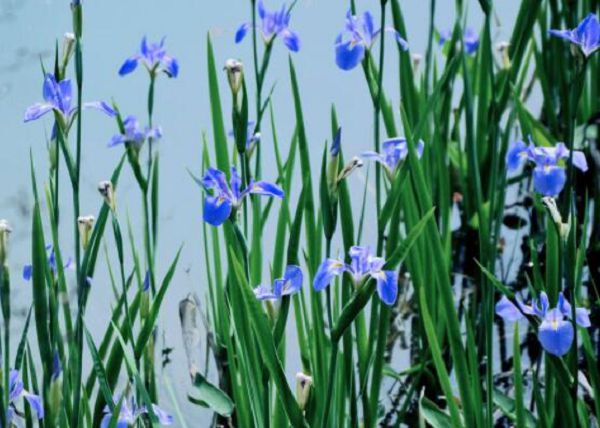How to raise orchids in autumn? Management methods and Culture techniques of Orchid in Autumn
Orchids have been loved by writers and writers since ancient times. with the improvement of people's living standards, more and more orchids have begun to enter the families of ordinary people in recent years. For example, the common orchids such as Chunlan, Jian Orchid, Huilan and Melan are not only used by horticulture, but also often found in the living room and study of ordinary people.
In a twinkling of an eye, the pace of autumn has come slowly, the temperature in nature is rapidly changing, and the temperature gap between day and night is also slowly widening. How should our orchids be managed in autumn? Today, Hua'ergu will come to discuss with you the management methods and matters needing attention in orchid autumn. I hope you can get some inspiration through reading this article, and I also hope that we can leave a message to discuss the maintenance skills of orchids.
Orchids should pay attention to the wind in autumn, autumn is the high incidence of typhoons, we need to be careful not to let typhoons bring unnecessary effects on the growth of orchids. The location of raising orchids should be placed in a safer place to avoid falling from high altitude as much as possible.
Although the temperature is relatively low in autumn, but during the day, especially when the weather is sunny, we need to pay attention to avoid the strong light shining directly on the orchid, because the orchid is a kind of plant that likes the shade. The autumn sun is sometimes no different from that in summer, we should pay attention to avoid placing it in the place where the bright light is direct, or cover it with a sunshade net.
Autumn is the period of high incidence of all kinds of diseases and insect pests of orchids. Prevention of diseases and insect pests is what orchids must do in autumn. Orchids raised indoors need regular window ventilation to avoid diseases and insect pests caused by bacteria and poor air quality. In addition, we also need to regularly spray it with western fungicide, prevention is the best protection.
When there are some dry leaves, dry tips, we must deal with them in time to avoid the spread of germs to other plants or branches and leaves, while using fungicides for spray control.
The air is relatively dry in autumn and winter, we need to be careful not to let the basin soil be too dry, we need to water and moisturize it at any time to prevent the growth problems caused by dehydration. The growth of orchids will also slow down in autumn, and once there are problems, it will be more difficult to recover, so we must take precautions, and mending them before they are lost is the worst policy.
With the drop of temperature, orchids also need to begin to strengthen their physique to safely get through autumn and winter. At this time, we can use some phosphorus and potassium fertilizer to enhance the nutrient supplement, which can help orchids through autumn and winter. It can also accumulate more nutrients to promote growth in the coming year.
- Prev

The gentleman orchid is afraid of the heat, how to spend the summer safely
The gentleman orchid is afraid of the heat, how to spend the summer safely
- Next

How to water orchids after changing pots? it is most suitable to wait until the second or third day.
How to water orchids after changing pots? it is most suitable to wait until the second or third day.
Related
- Is the orchid suitable for indoor use? Is it good for the body?
- How to prevent the empty root of orchids?
- What to do after the crab claw orchid is withered?
- Why are the leaves of orchids always yellow? Fertilizing and watering.
- Can the root of the gentleman orchid be saved if it is rotten?
- Diagnosis and treatment of cotton-blowing beetle insects in Cymbidium
- There is a way for a gentleman's orchid to rot.
- What is the most suitable temperature and humidity for the orchid?
- How to raise a gentleman's orchid? Cultivation techniques of Cymbidium
- How to prepare the nutritive soil for the cultivation of Cymbidium

